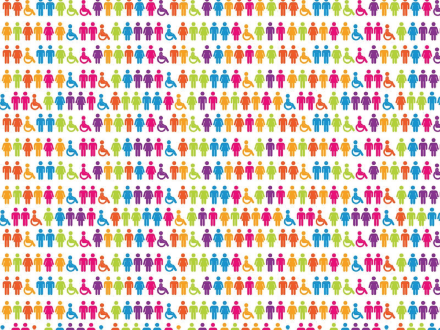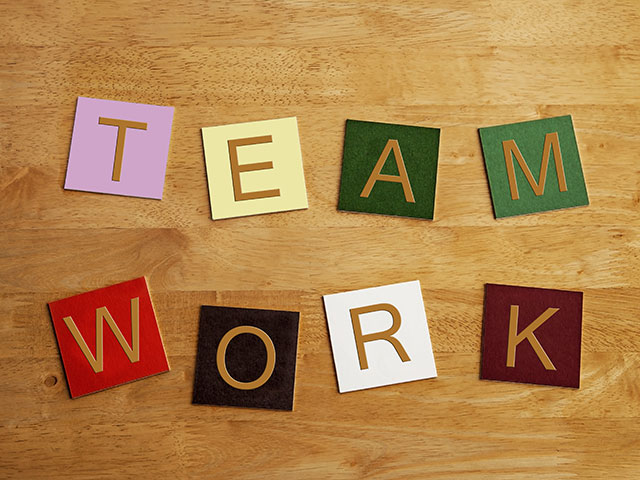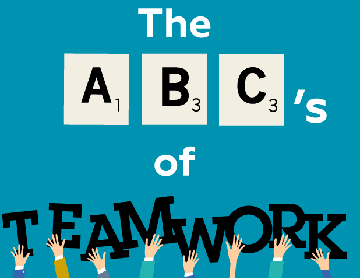Clearing the communication lines
Verbal communication is a critical key to getting work done and getting it done right. Ineffective communication can cause mistakes and re-work, create hassles and jeopardises both work relationships and the company as a whole. Effective communication creates a friendly and collegiate work environment which facilitates effective and positive results.
If you and those you communicate with are generally satisfied with your interactions with each other, you are already using good communication skills and strategies. However, if you would like to enjoy the rewards of refining your communication skills, consider using these suggestions:
- Before communicating, identify important issues at hand. This preparation helps you focus on the most relevant information and communicate clearly and constructively.
- Determine the best time to discuss any concerns you may have. Observe the activities, attitudes, gestures, comments, and facial expressions of others to make that decision.
- Put into practice a solid belief that the best results come from two-way communication. Listen attentively to what others have to say, show respect for them and their views.
- Avoid arguments, power plays, or pressure tactics. Convince and persuade with positive, constructive strategies.
- Address mistakes so that performance can be improved, but cooperation can also prevail. Helping others sustain their self-esteem while they improve creates a collegiate team culture.
- Communicate with others directly and openly. Do not talk down to others. When you treat people with respect, they generally reciprocate.
Evaluate your communication style.
Ask yourself these questions:
- What individuals do I communicate with daily? Weekly?
- How willingly do they listen to me?
- How willingly do I listen to them?
- Are my conversations or meetings with these people characterised by understanding, clarity, directness, and mutual respect?
- What actions can I take to improve my communication style?
Give attention to specific actions and attitudes you can adopt for clearing or opening communication lines. The amount of time and energy you initially spend clearing the communication lines saves hours of later confusion, frustration, and wasted energy.
Time invested in improving your communication skills enables you to achieve positive results through better engagement, commitment and improved activities of others.







